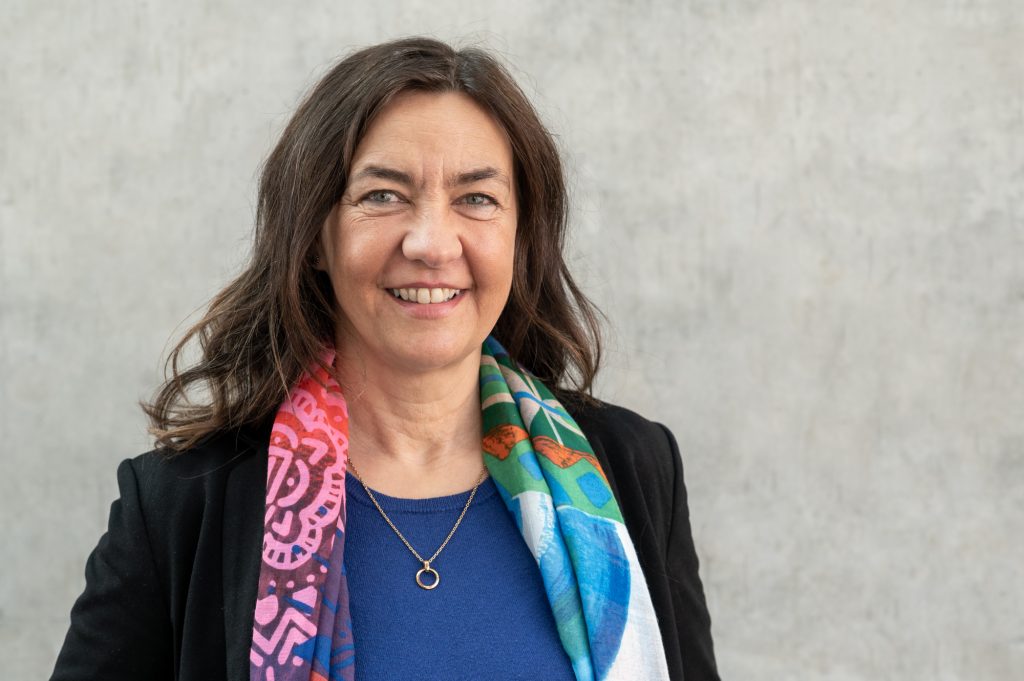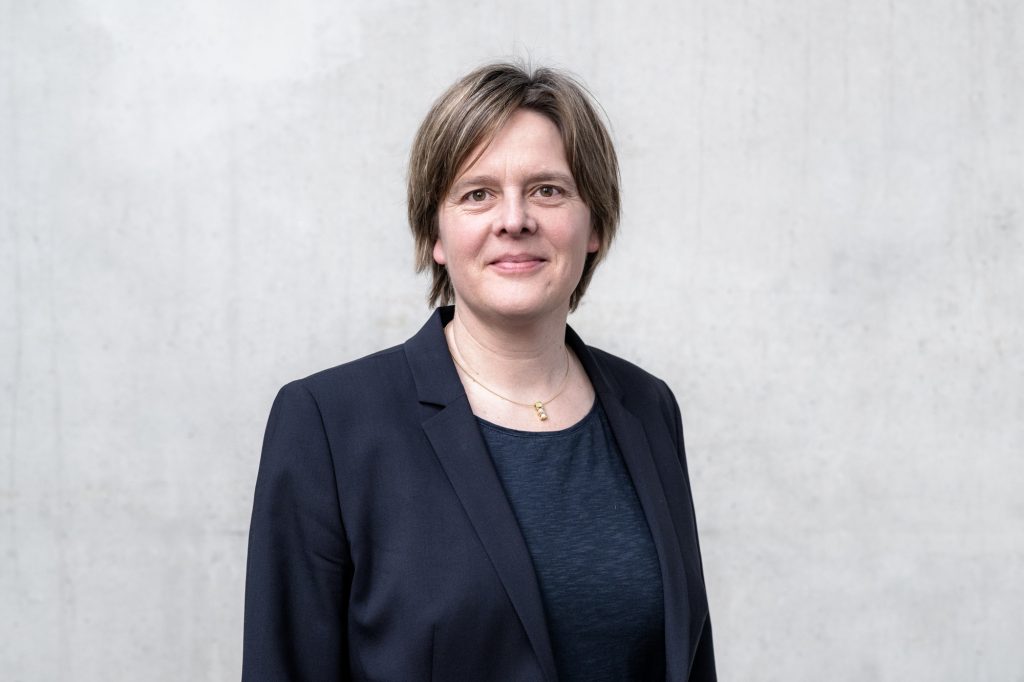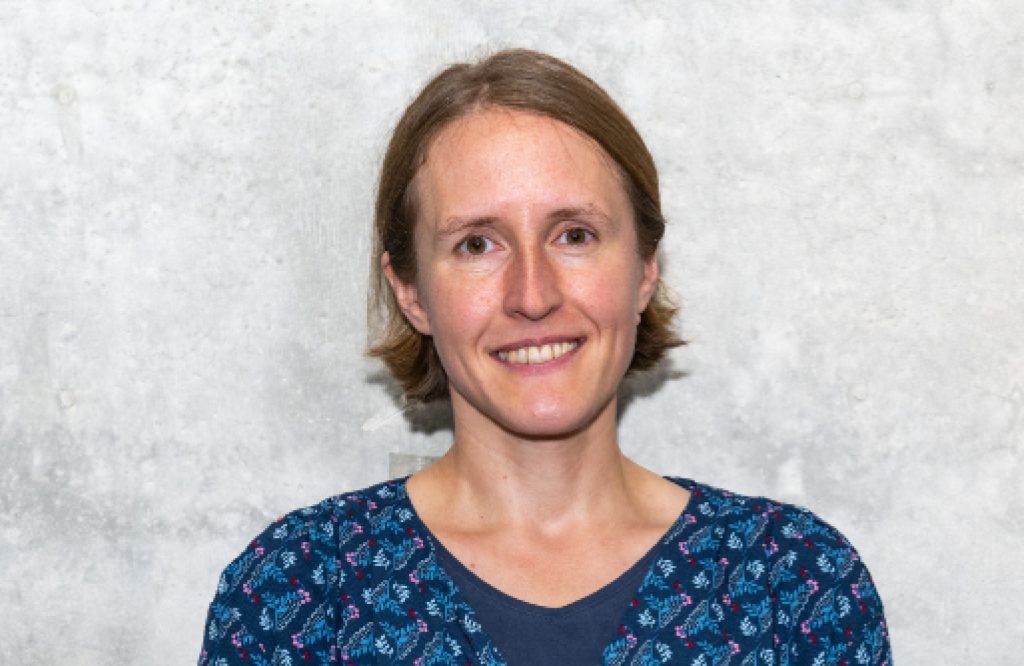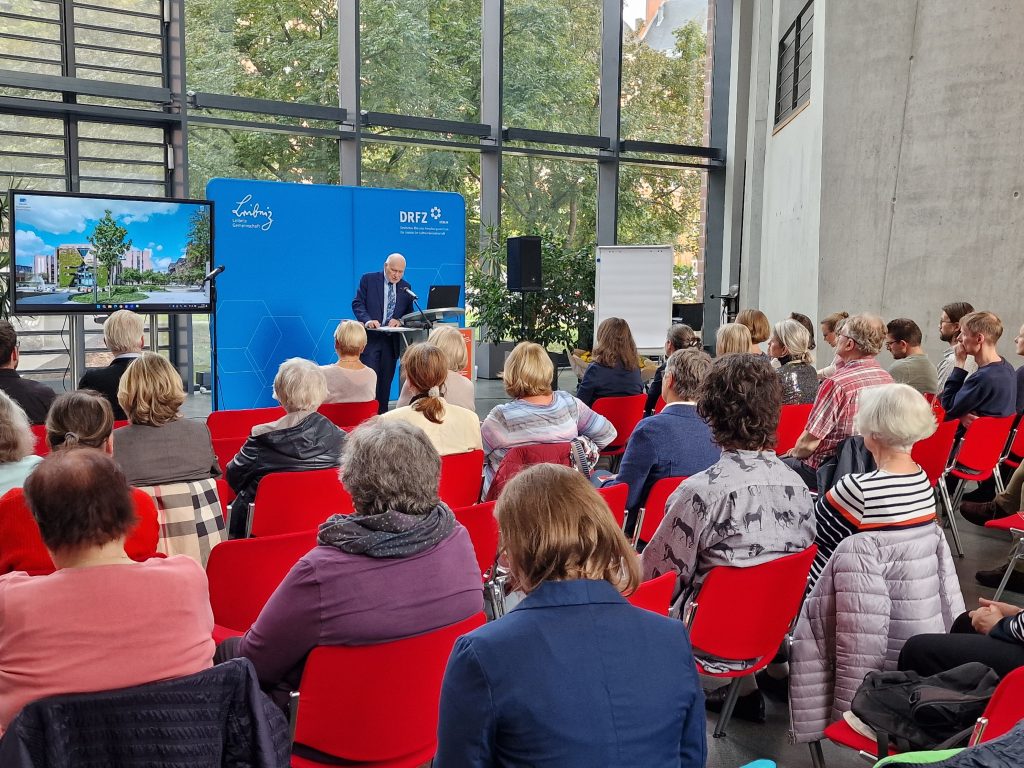
- Programme Area 2
Programme aims
Using advanced epidemiological methods, Programme Area 2 investigates biological, psychosocial and health care-related factors that influence the course and outcome of rheumatic diseases in adults and children. Our research mainly builds on long-term observational studies, conducted in close cooperation with a nationwide network of more than 500 paediatric and adult rheumatology specialists. In addition, specific population-based analyses are carried out using data from health insurance companies and the ‘National Cohort’ (NAKO).
Our studies not only provide information on the prevalence and incidence of rheumatic diseases in Germany, but also enable the mapping of treatment courses and strategies, as well as insights into the safety and effectiveness of treatments under real-life conditions. In addition, they allow a deep understanding of the underlying factors that influence disease trajectories.
By identifying gaps in health care and with detailed knowledge of risk factors for unfavourable disease outcomes, the benefits and risks of different therapies in individual patient groups can be weighed against each other. In this way, we contribute to personalised, targeted treatment strategies that enhance long-term outcomes. The overarching goal is to improve the quality of life and social participation of people with rheumatic and musculoskeletal diseases.





